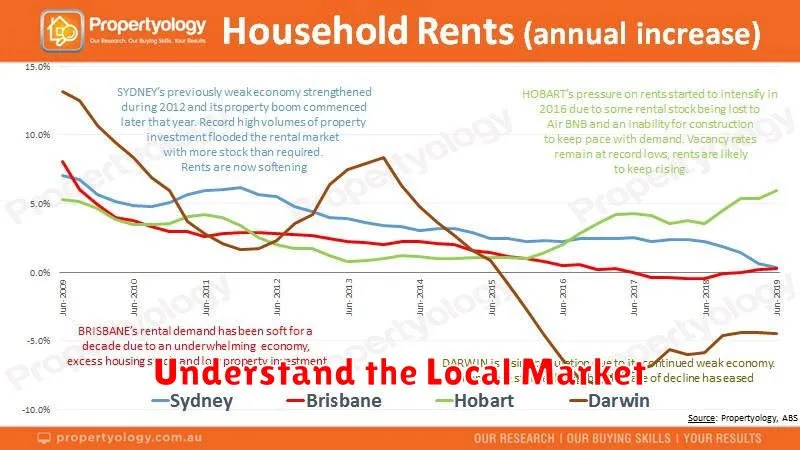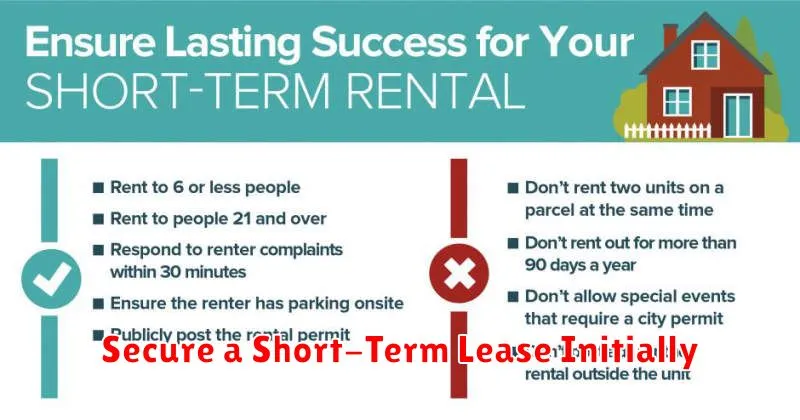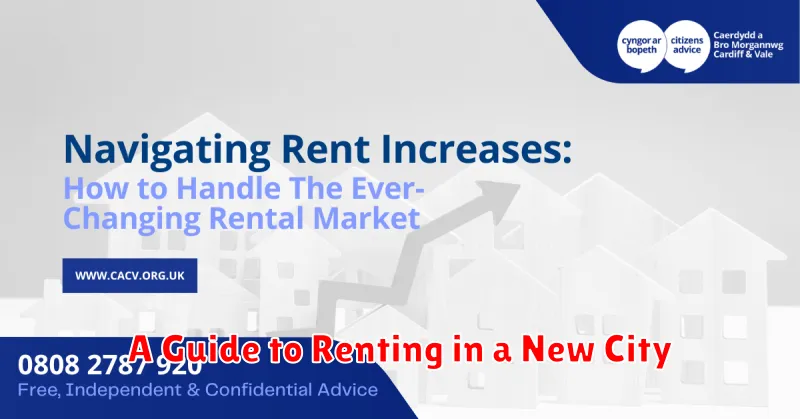Relocating to a new city is an exciting venture, but finding suitable rental housing can often feel overwhelming. This comprehensive guide provides valuable insights into the rental market, equipping you with the knowledge and resources needed to navigate the process successfully. Whether you’re searching for a studio apartment, a single-family home, or a townhouse, understanding the local rental laws, lease agreements, and tenant rights is crucial for a smooth transition. This guide will cover everything from setting a rental budget and securing renter’s insurance to understanding security deposits and navigating the application process.
From researching neighborhoods and utilizing online rental platforms to preparing for apartment viewings and negotiating lease terms, we’ll cover every aspect of the rental process. Learn how to effectively communicate with landlords and property managers, ask the right questions, and make informed decisions. This guide aims to empower you with the tools you need to find the perfect rental property in your new city, making your move a positive and stress-free experience. We will address common concerns about rental scams and provide helpful tips for finding affordable housing options.
Research Neighborhoods First
Before you even start looking at listings, research different neighborhoods in your new city. Understanding the character of different areas will help you narrow down your search and ultimately find the best fit.
Consider your priorities. What is most important to you? Is it being close to work, having access to public transportation, being in a family-friendly area, or living near nightlife and entertainment? Different neighborhoods cater to different lifestyles.
Research cost of living. Rent prices can vary drastically between neighborhoods. Factor in other expenses like utilities, groceries, and transportation. Use online resources to get an idea of average costs in different areas.
Look into safety statistics and crime rates. While no neighborhood is completely crime-free, researching these factors can help you feel more secure in your decision.
Understand the Local Market

Before you start searching for a rental, take time to research the local rental market. Rental prices can vary significantly between neighborhoods, and even within the same neighborhood depending on factors like proximity to amenities, public transportation, and school districts.
Research typical lease terms in the area. Some cities have standard lease lengths, while others offer more flexibility. Understanding this will help you negotiate effectively.
Consider the availability of rentals. Is it a competitive market with limited inventory, or are there typically many available units? Knowing this will influence your search strategy and how quickly you need to act on a promising listing.
Local resources like city websites, real estate blogs, and community forums can provide valuable insights into the rental market dynamics of your new city.
Budget for Relocation Costs
Relocating to a new city involves more than just rent. Budgeting for relocation costs is crucial for a smooth transition. Consider these key expenses:
Moving expenses: This includes the cost of hiring professional movers or renting a truck, packing supplies, and potential gas and lodging if driving a long distance. Transportation: Research public transportation options or factor in the cost of a vehicle, insurance, and gas.
Security deposit and first month’s rent: Many landlords require these upfront. Application fees: Rental applications often involve fees. Utilities: Set aside funds for setting up utilities like electricity, water, and internet.
Miscellaneous expenses: Account for incidentals like groceries, cleaning supplies, and temporary furniture. Creating a detailed budget will help avoid financial surprises and ensure a comfortable start in your new city.
Visit Before You Commit
While online listings offer a glimpse into potential rentals, nothing replaces a physical visit. Experiencing a place firsthand is crucial before signing a lease.
Schedule a trip to your prospective city and dedicate ample time to exploring neighborhoods and viewing properties in person. This allows you to assess the true condition of the apartment, confirm the accuracy of online listings, and get a feel for the surrounding area.
Key aspects to observe during your visit:
- Noise levels: Are there nearby businesses, traffic, or other sources of noise that could be disruptive?
- Safety and security: Does the building have adequate security measures? How safe does the neighborhood feel?
- Amenities and conveniences: Are essential services like grocery stores, pharmacies, and public transportation readily accessible?
- Community vibe: Observe the neighborhood’s atmosphere. Does it align with your lifestyle?
A visit provides invaluable insights that online research simply cannot replicate. It empowers you to make a well-informed decision and avoid potential disappointments.
Secure a Short-Term Lease Initially

When relocating to a new city, especially if you’re unfamiliar with the various neighborhoods, securing a short-term lease initially is a highly recommended strategy.
A short-term lease, typically three to six months, provides valuable flexibility. It allows you to experience living in a particular area before making a long-term commitment. This can prove invaluable as it lets you assess factors such as commute times, access to amenities, and the overall vibe of the neighborhood firsthand.
While short-term rentals may sometimes come with a slightly higher monthly cost, the benefits of having the freedom to easily relocate after a short period often outweigh the added expense. Consider it an investment in finding the right long-term home in your new city.
Use this initial lease period as a trial run. Explore different neighborhoods, talk to residents, and get a true feel for the city. This hands-on experience will empower you to make an informed decision when you’re ready to sign a longer-term lease.

